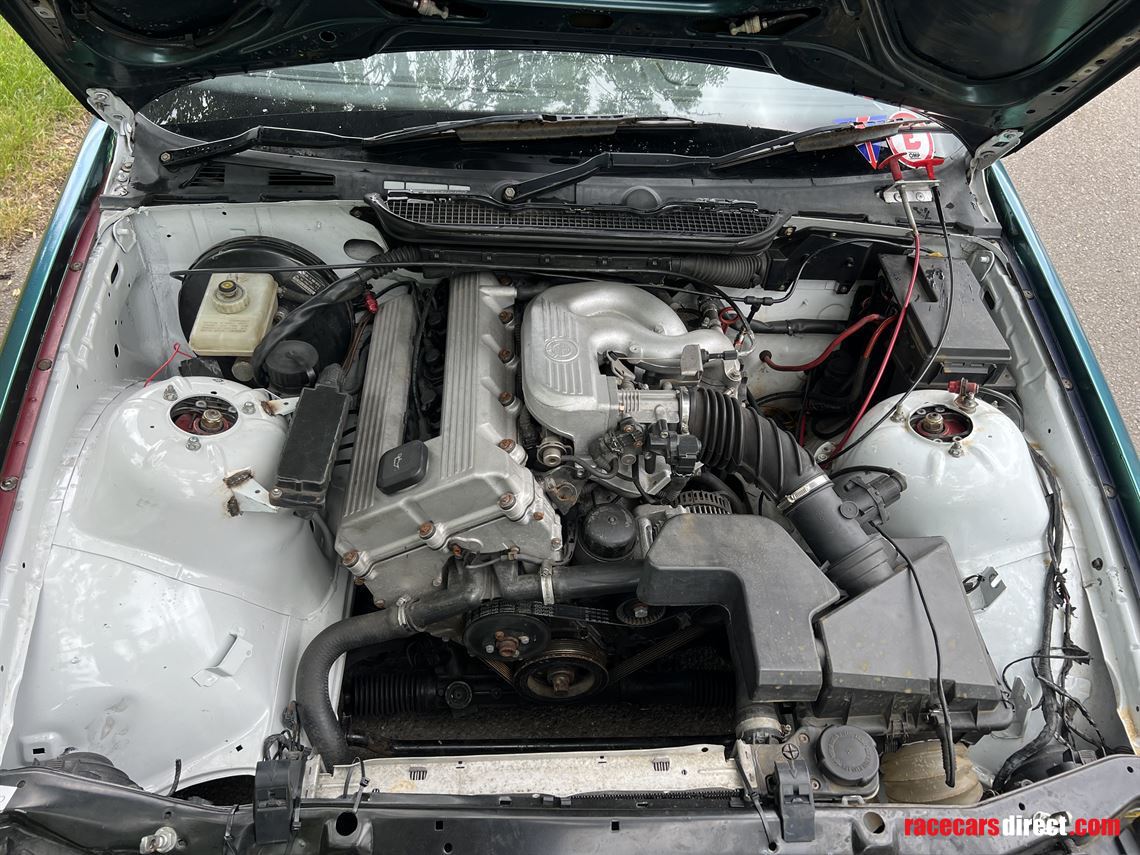BMW 318ti: Where to Locate the Best Bargains on Components and Add-on
BMW 318ti: Where to Locate the Best Bargains on Components and Add-on
Blog Article
Essential Factors To Consider for Selecting the Best Engine for Your Requirements
In the realm of choosing the perfect engine to fulfill your demands, numerous important variables demand thorough consideration to make sure optimal performance and performance. From the nuanced balance in between power and efficiency to the often-overlooked elements of upkeep and service demands, each element plays a pivotal duty in identifying one of the most suitable engine for your particular demands. As the complexity of engine technologies remains to evolve, discerning the most suitable alternative necessitates a deep understanding of the interplay in between numerous considerations. By exploring the complex internet of factors that underpin this decision-making process, a clearer path arises in the direction of choosing an engine that not just fulfills but surpasses your expectations.
Power and Efficiency
When evaluating engines for optimal efficiency, it is critical to focus on both power result and performance. Power result gauges the capacity of an engine to produce power, which straight influences its efficiency. A high power outcome is crucial for requiring jobs such as sturdy applications or high-speed needs. It ensures that the engine can deal with the workload successfully and successfully. However, power alone is not enough; effectiveness plays a substantial function in identifying the overall efficiency of an engine. Effectiveness refers to just how well the engine converts fuel right into usable power. A a lot more efficient engine will certainly provide better gas mileage, lower exhausts, and minimized operating expense. Striking the right equilibrium between power outcome and efficiency is vital to choosing an engine that fulfills your certain needs. When making this choice, it is necessary to consider variables such as the meant usage of the engine, environmental influence, and long-term price ramifications. By carefully examining both power and performance, you can choose an engine that delivers optimum performance and meets your demands efficiently.
Gas Performance and Economic Situation
In the realm of engine selection, the consideration of fuel effectiveness and economic climate holds extremely important value. Gas performance describes the engine's capacity to transform gas right into power with marginal waste, straight influencing operating prices and ecological sustainability. bmw 318ti. When picking an engine, reviewing its gas economic situation is essential to identify long-lasting savings and environmental impact. Engines with higher gas performance not just decrease fuel expenses yet additionally lower carbon emissions, contributing to a greener operation.

Compatibility and Application
Taking into consideration the fuel performance and economic climate of an engine, the next essential aspect to address is its compatibility and application within certain operational contexts. Compatibility describes how well the engine incorporates with the total system or devices it powers. It includes elements such as physical measurements, installing options, electric interfaces, and control systems. Making certain compatibility is important to stop problems such as overheating, vibrations, or power imbalances (bmw 318ti).
Furthermore, the application of the engine is equally vital. Various engines are made for details objectives, whether it be commercial machinery, marine vessels, vehicles, or power generators. Comprehending the designated application enables the option of an engine that can deliver the needed power output, torque, and functional features. A high-revving engine created for efficiency cars news and trucks would certainly not be appropriate for sturdy building and construction equipment that needs high torque at reduced rates.
Upkeep and Solution Demands
Maintenance and service demands play a crucial function in guaranteeing the long life and optimum efficiency of an engine. Regular maintenance is vital to stop failures, prolong the life expectancy of the engine, and keep its effectiveness. When choosing an engine, it is very important to take into consideration the supplier's recommended upkeep schedule and the accessibility of solution centers or certified service technicians.
Elements such as the regularity of oil changes, filter replacements, and general inspections can dramatically affect the engine's performance. Some engines might need more constant servicing based upon their style and usage, while others might have longer intervals in between maintenance checks. It is essential to stick to these solution requirements to stay clear of costly repairs and unforeseen downtime.
Expense and Spending Plan Considerations
Budget plan restrictions usually play a considerable duty in the decision-making procedure when selecting an engine for a specific application. When thinking about the expense and spending plan implications of picking an engine, it is important to analyze not only the preliminary purchase rate but additionally the long-lasting costs related to maintenance, gas usage, and prospective upgrades or repair work. It is essential to strike a balance in between the next ahead of time price of the engine and its general lifecycle expenses to make sure that the selected engine remains financially sustainable throughout its operational find this life expectancy.
Elements such as fuel efficiency, dependability, and longevity can directly affect the overall price of possession of an engine. While a much more pricey engine may have greater in advance expenses, it might possibly lead to reduced upkeep and gas expenditures with time, thus offering better value over time. Furthermore, thinking about the accessibility and expense of spare components, along with the convenience of upkeep and service, can assist prevent unexpected financial pressure in the future. By carefully evaluating these price and spending plan factors to consider, you can make an enlightened choice that straightens with your operational requirements and economic restraints.
Verdict

Fuel effectiveness refers to the engine's capability to transform gas into power with marginal waste, directly impacting operating prices and ecological sustainability.Elements affecting gas effectiveness include engine style, burning efficiency, and overall performance optimization. Additionally, choosing the proper gas type and quality as advised by the engine maker can even more enhance effectiveness and extend engine life-span.
Engines with great serviceability functions and conveniently offered parts can lower maintenance expenses and lessen the time the engine is out of operation - bmw 318ti. It is vital to strike an equilibrium between the in advance expense of the engine and its general lifecycle expenses to make sure that the picked engine continues to be monetarily lasting throughout its functional life-span
Report this page